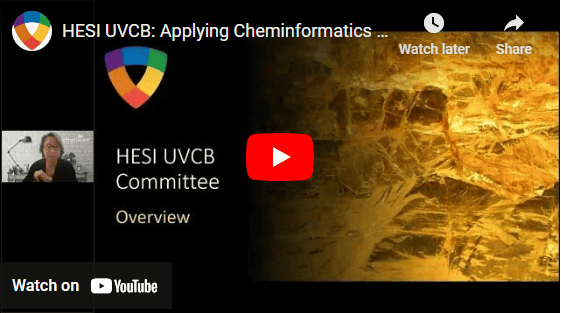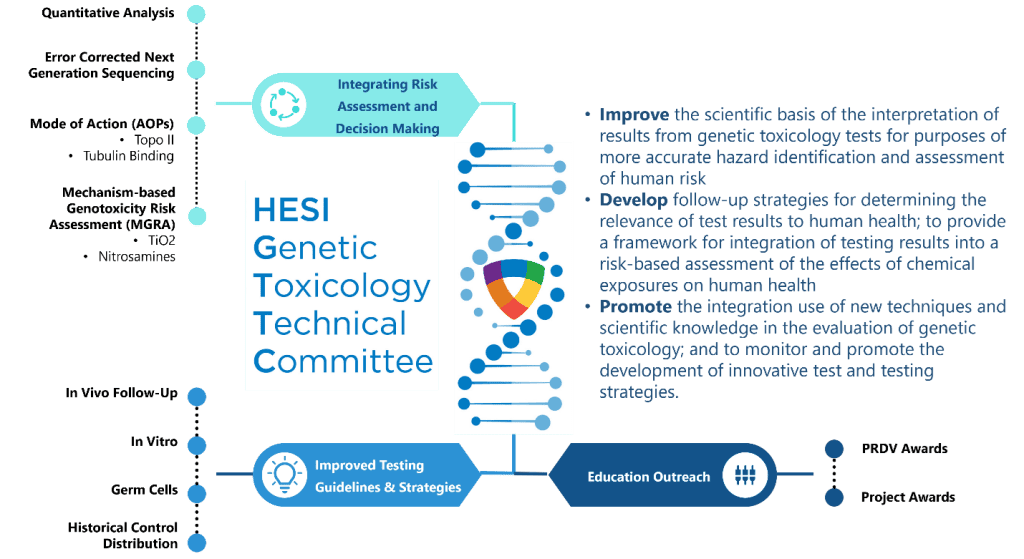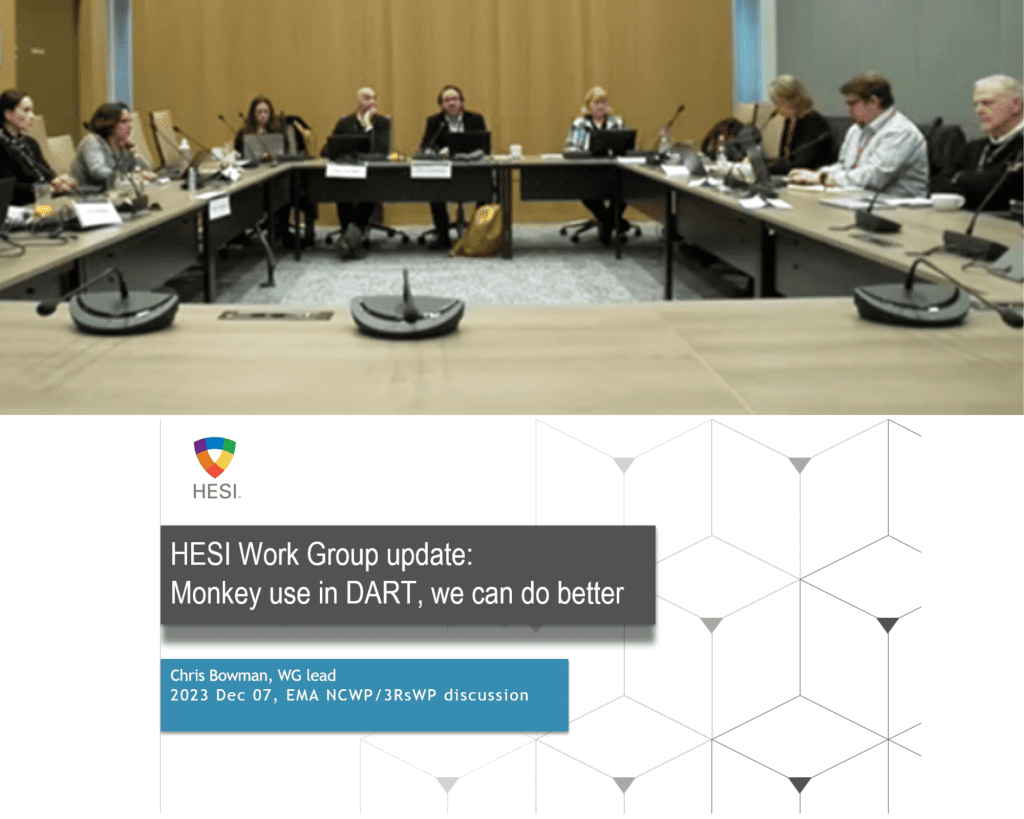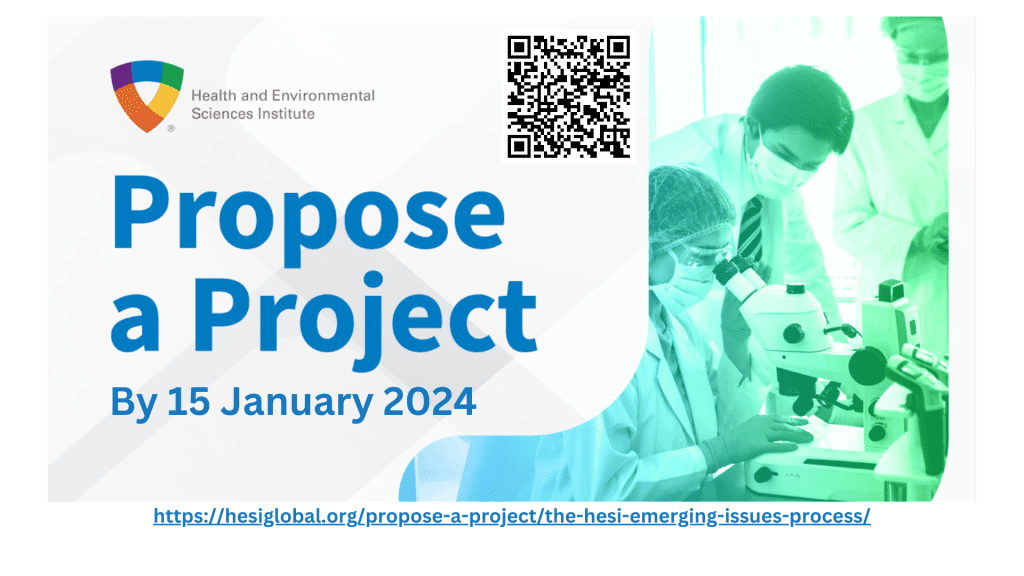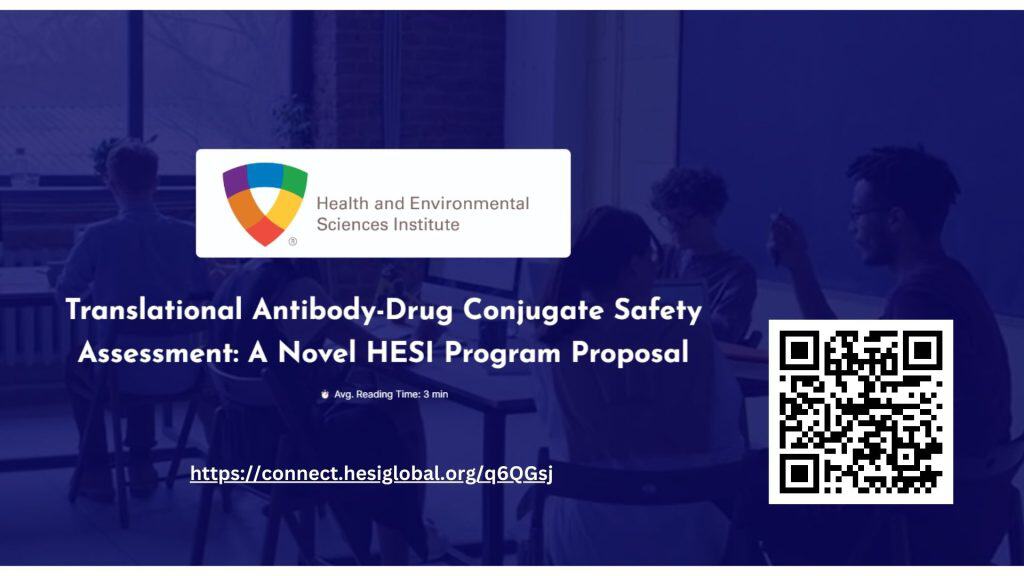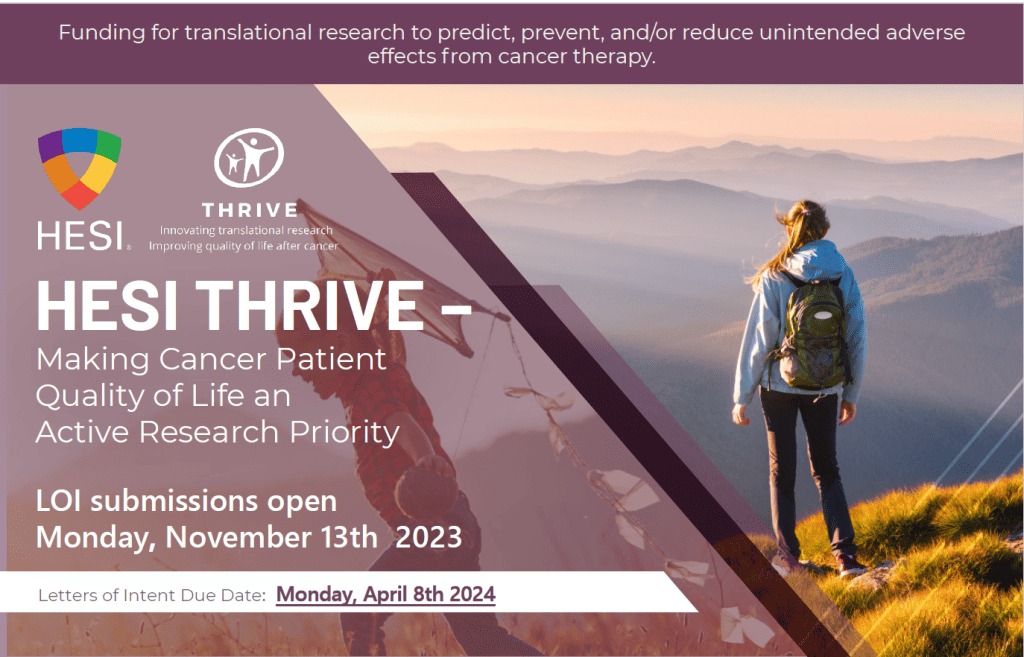The Health and Environmental Sciences Institute (HESI) seeks your suggestions for priority emerging scientific issues (human or environmental health) that should be addressed through a focused, multi-sector, collaborative program. Proposals will be reviewed in early 2024 and one or more may be selected to form a new scientific program within HESI.
This is NOT a grant program and no direct financial awards to external parties will be made. However, selected programs may receive funding in the form of HESI support for scientific program design, coordination, and staffing. We are seeking topics that focus on the applied human and/or environmental health sciences and that require scientific perspectives and expertise from academia, government, industry, NGOs, clinicians, and/or other research sectors.
Looking for somewhere to start? Learn more about HESI’s existing scientific activities on our committees page and in the 2022 Annual Report. These resources may help guide you when considering your idea, however, HESI welcomes all new proposals whether they are captured in these lists or not.
The deadline to submit proposals for consideration is 15 January 2024.
Click here to learn more about the Emerging Issues process and complete the proposal form!
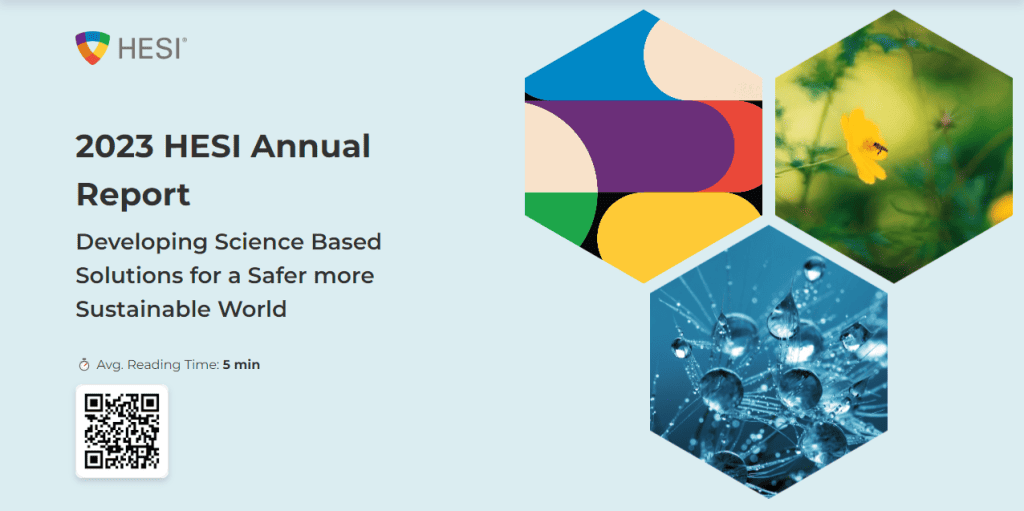
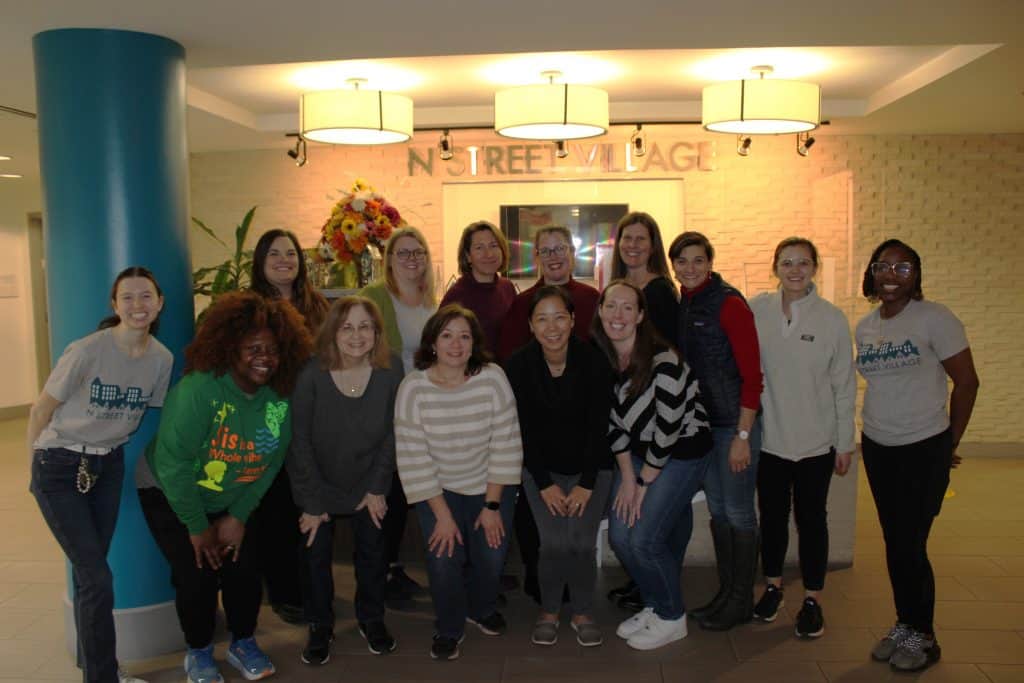


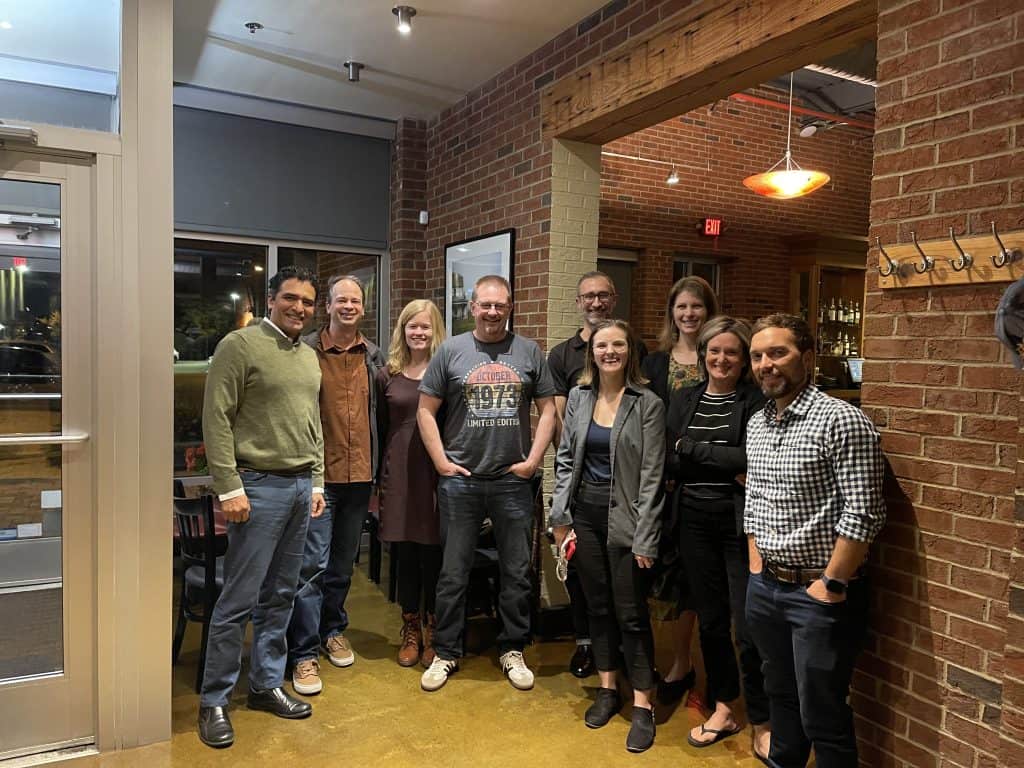
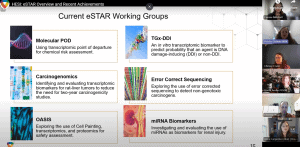 The
The 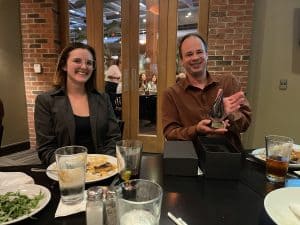 On November 8th, an in-person dinner brought together committee members from NIEHS, EPA, and Syngenta. Dr. Brian Chorley concluded his three-year term as co-chair for the project, and the team celebrated his contributions and leadership.
On November 8th, an in-person dinner brought together committee members from NIEHS, EPA, and Syngenta. Dr. Brian Chorley concluded his three-year term as co-chair for the project, and the team celebrated his contributions and leadership.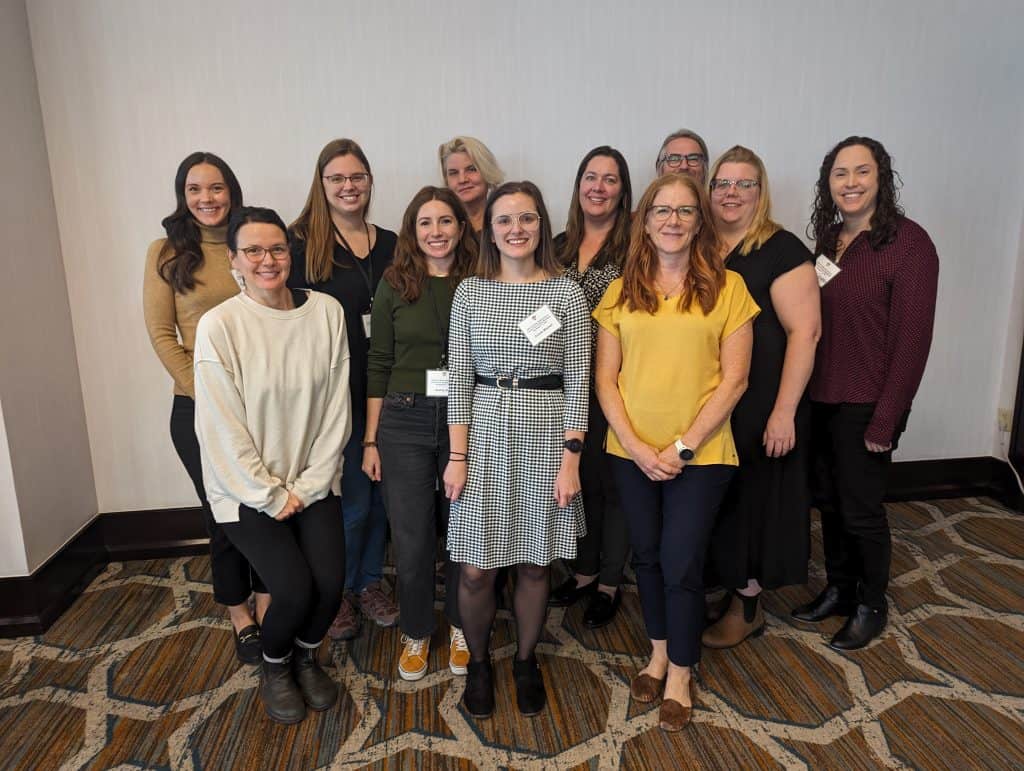
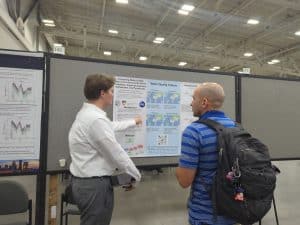 HESI’s
HESI’s  Prospective Optimization, Evaluation, and Application of In Vitro Methods to Study Biotransformation of Organic Chemicals in Birds – Matt Schultz
Prospective Optimization, Evaluation, and Application of In Vitro Methods to Study Biotransformation of Organic Chemicals in Birds – Matt Schultz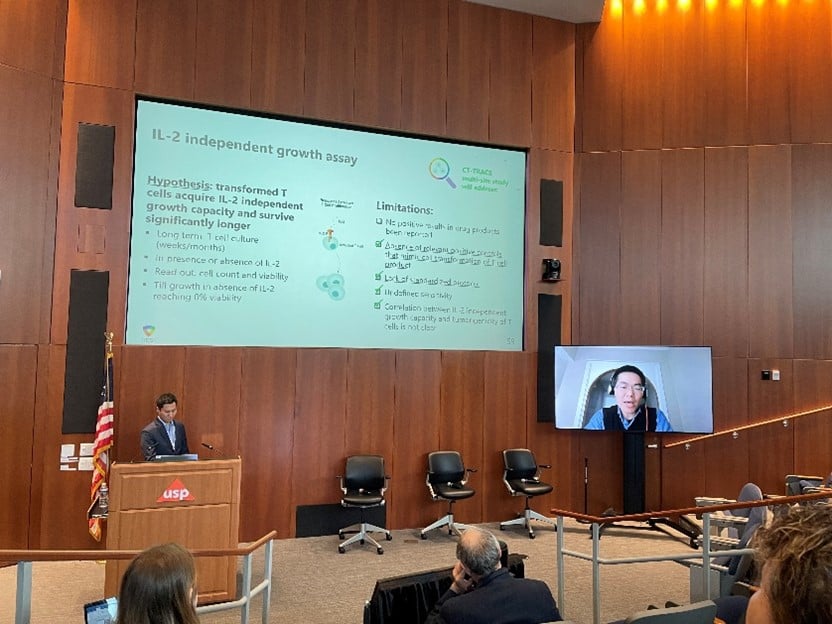
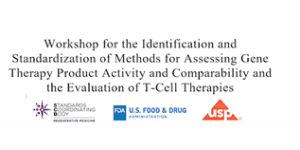 On November 16-17, 2023, the Standards Coordinating Body (SCB) for Regenerative Medicine, in collaboration with the US FDA and the United States Pharmacopeia (USP), organized a workshop dedicated to the identification and standardization of methods for assessing 1) Gene Therapy Product Activity and Comparability, and 2) the Evaluation of T-Cell Therapies.
On November 16-17, 2023, the Standards Coordinating Body (SCB) for Regenerative Medicine, in collaboration with the US FDA and the United States Pharmacopeia (USP), organized a workshop dedicated to the identification and standardization of methods for assessing 1) Gene Therapy Product Activity and Comparability, and 2) the Evaluation of T-Cell Therapies.